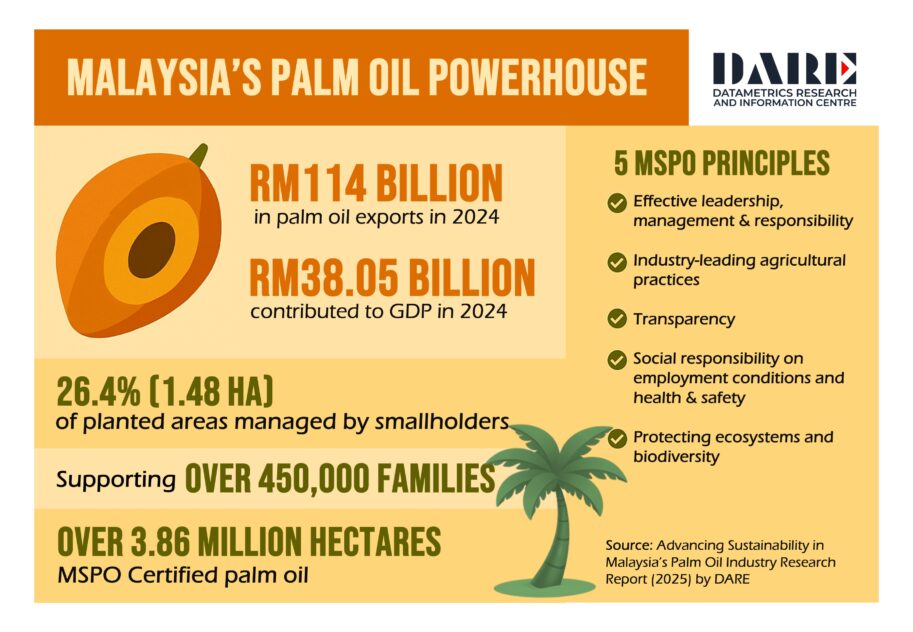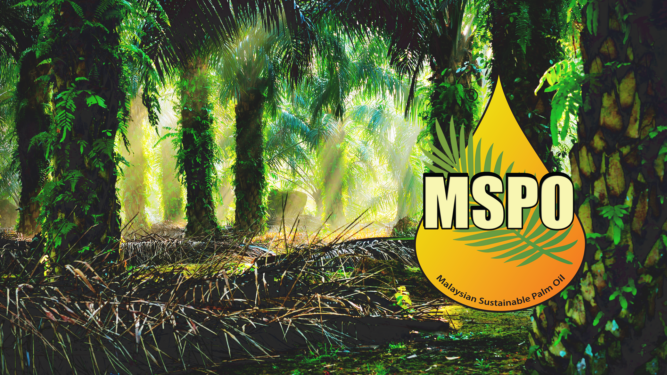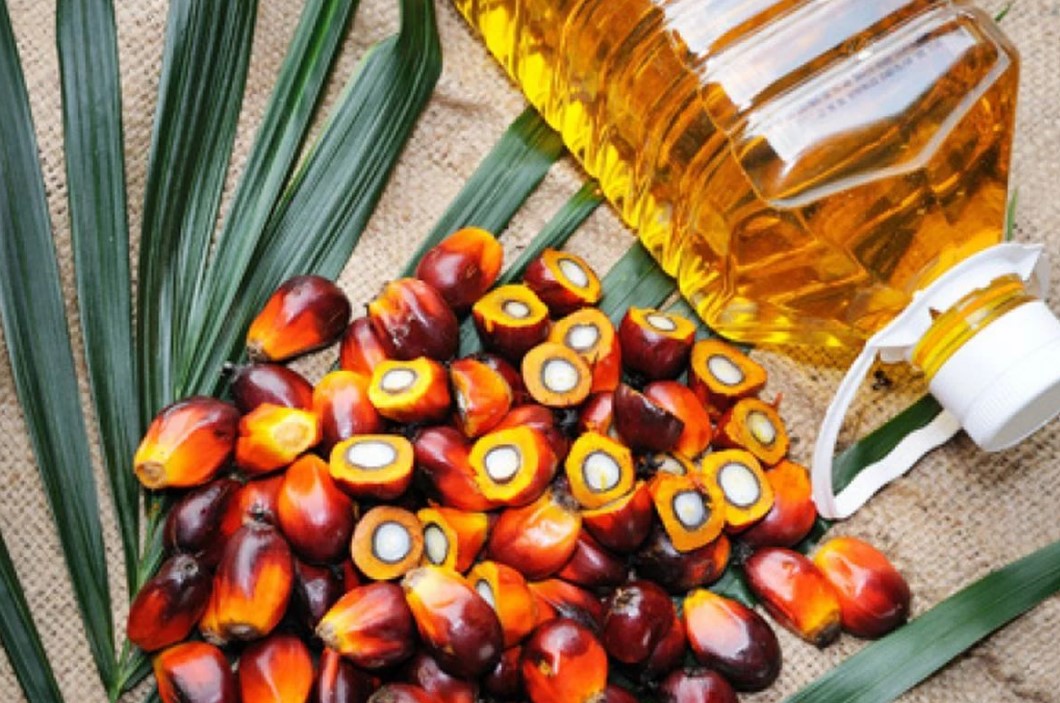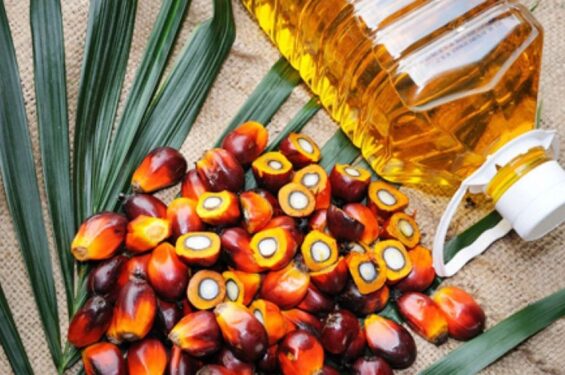MALAYSIA’S palm oil sector is not only the country’s most valuable agricultural export but also a key driver of inclusive economic development and global sustainability.
Such is the essence of a new report entitled Advancing Sustainability in Malaysia’s Palm Oil Industry by Datametrics Research & Information Centre (DARE), a Malaysian-based socio-economic think tank.
According to published data, palm oil contributed RM114 bil in export value and RM38.05 bil or 2.3% of Malaysia’s GDP (gross domestic product) in 2024, hence reinforcing its position as a major economic engine.
The report added that 26.4% of Malaysia’s total oil palm planted area or some 1.48 million hectares are managed by smallholder farmers who support nearly 450,000 families and rural communities.

Since 2019, Malaysian palm oil production has not exceeded 19.85 million tonnes, partly because the oil palm plantation area has decreased by 4.2% (247,588 hectares) over the past four years.
This decline reflects Malaysia’s decision to refrain from expanding into new areas to prioritise environmental concerns.
MSPO a driving force
While Malaysia has seen a reduction in mature oil palm areas over the past four years, other vegetable oils are expanding.
For example, Brazil has increased its soybean area by 6 million hectares – more than Malaysia’s entire oil palm area which stands at 5.61 million hectares even after over a century of cultivation.
On this note, DARE’s analysis shows that Malaysia’s homegrown sustainability certification, the Malaysian Sustainable Palm Oil (MSPO) scheme, has become a crucial tool in ensuring that palm oil production aligns with international environmental and social standards.
MSPO is a legally mandated and independently audited standard for sustainable palm oil production, strengthening traceability across the entire supply chain.
As of March 2025, over 3.86 million hectares of plantation land have been certified under MSPO, including nearly 645,000 hectares operated by independent smallholders.

“Palm oil is too often misunderstood. This report highlights that Malaysia is taking bold steps to prove palm oil can be both profitable and sustainable,” commented DARE’s managing director Pankaj Kumar.
‘MSPO provides an inclusive, transparent framework that empowers smallholders and holds producers accountable to ethical, environmental and traceability benchmarks.”
As the world turns its attention to deforestation-linked supply chains, Pankaj called on Malaysia to double down on communicating its progress.
“The MSPO 2.0 standard which is now fully enforced will strengthens our ability to meet global sustainability demands, particularly from the European Union (EU) and other discerning markets,” he projected.

The DARE report also noted that while the EU continues to impose stringent trade barriers, Malaysia is expanding its presence in key alternative markets such as China and India.
India imported RM11 bil worth of Malaysian palm oil in 2023 – making it the largest export destination – while China’s renewed trade commitments are expected to boost Malaysian exports by millions of tonnes over the coming years.
“DARE recommends continued investment in MSPO, including targeted assistance for smallholders to meet the updated certification standards,” Pankaj pointed out.
“We also advocate for Malaysia to position MSPO more assertively in global dialogues, especially as a credible and inclusive standard aligned with the UN Sustainable Development Goals.” – May 5, 2025









